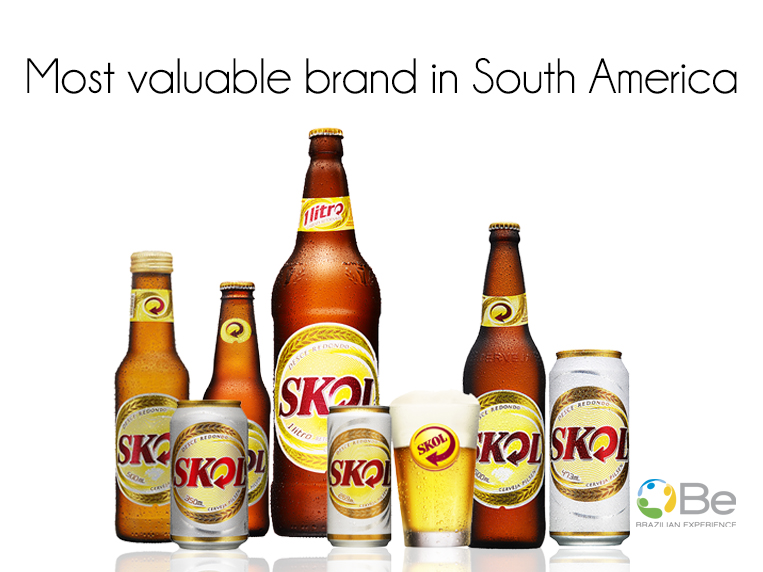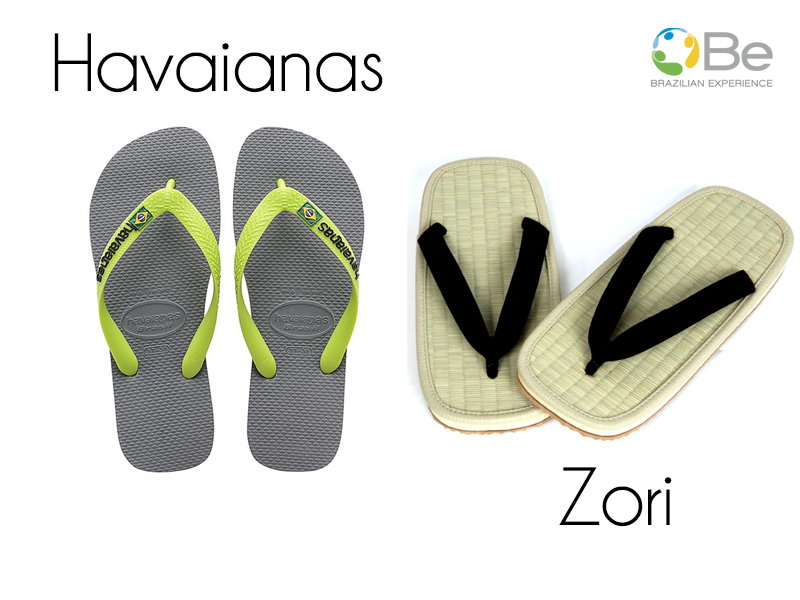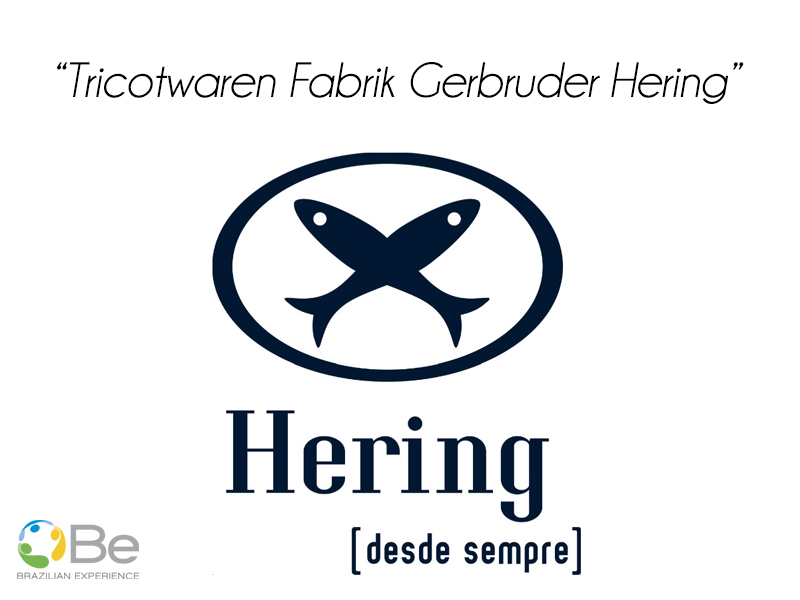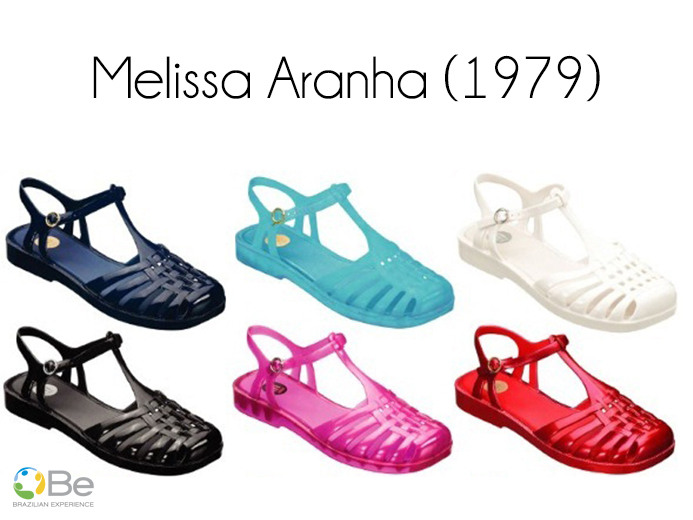Many Brazilian brands have global reputation and are in a process of international expansion, captivating new clients and creating relations with their costumers.
Check our post and discover interesting facts about some of the biggest Brazilian companies:

Skol
In 2015 this Brazilian beer brand was ranked as the most valuable brand in South America. Before Skol, the most valuable brand in South America was the Mexican Corona, also a beer brand. It is interesting to observe that for the past 3 years, the beer sector dominates the top10 ranking. It is believed that this happens because local brands success in creating a strong and emotional connection with the costumers.

Havaianas
The worldwide famous flip-flops were inspired by the Japanese Zori, a flat thong that can be made of rice straw, fibers, cloth, leather or other synthetic materials. The Zori sandals are popular among Japanese people since the 18th century, while the Havaianas were created in 1962 by Scotsman Robert Fraser. Nowadays, Havaianas flip-flops are the most popular in the world, around 150 million pairs are created every year.

Hering
One of the most traditional Brazilian brands of clothes, Hering, was created by Bruno and Hermann Hering in Blumenau. This city has a lot of German immigrants and the Hermann’s family has such strong German traditions that the first name of the company was “Tricotwaren Fabrik Gerbruder Hering” ( “Tricot textile Factory of the Hering brothers” in German). Nowadays the brand is known as “Hering”.

Grendene
Grendene is also a famous Brazilian brand of flip-flops (and other plastic shoes) that compets with the giant brand Havaianas. An interesting fact about Grendene is that the branded started with a wine producer who created a plastic packaging materials plant. Later on, he created Melissa, a sandal that soon became a fashion icon in Brazil. Nowadays Grendene sells their products in over 80 countries.

OI
This telecommunication company occupies an important role in our mobile industry. It was created after the merger of two important communication operators and it revolutionize the mobile market in Brazil when they created a publicity campaign saying that it was illegal to sell blocked phones. After their campaign, all the cell phone companies started to sell unlocked cell phones. “Oi” means “hi” in Portuguese.

